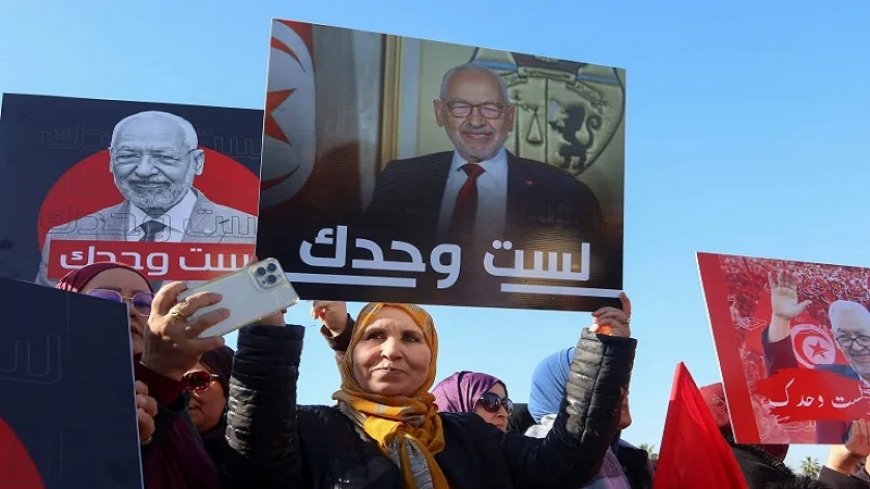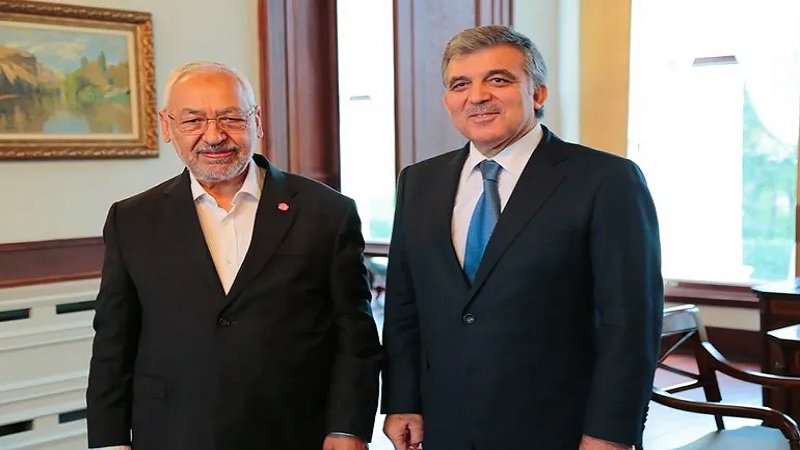Abdullah Gul: Ghannouchi does not deserve to be forgotten in prison in Tunisia
The former president of Turkey, Abdullah Gul, has said - in an article published by the website "Project Syndicate" - that he feels obliged, as a former president who spoke against political violence, to point out the situation of the Tunisian politician, Rached Ghannouchi, who is imprisoned.

Gul said in his article that Ghannouchi's sentence was supposed to end this summer, but there is a possibility that it will be extended. "This is a painful prospect for any true believer in democracy, because Ghannouchi served his country and his people with all respect, and he does not deserve to be forgotten in prison," said Gul.
The former president of Turkey has said that after the people's revolution, Tunisia sent a clear message to the world that "democracy is not only a matter of Western governments, and behind that message there was a wise man and an example to be followed by all for his commitment to the foundations of democracy and tolerance, namely Ghannouchi, the founder and leader of the Ennahda Movement party."
Abdullah Gul has emphasized that Rached Ghannouchi is a scholar who deeply believes in the possibility of cooperation between people and various groups. He is also a strong religious scholar who wanted to provide an interpretation of modern Islamic understanding characterized by adherence to the values of freedom and democracy. He has said: For a long time, Ghannouchi has been a strong defender of women's rights in society, economy and religious institutions.

Gul said extending the prison sentence of Ghannouchi, who is 82 years old, destroys the encouraging message that Tunisia sent to the world with the revolution of its people, so the Tunisian people need to strengthen the democratic reforms that Ghannouchi did a lot to achieve, not the other way around.
It will be remembered that, on July 25, 2021, President Kais Saied took extraordinary measures, including the dismissal of Hichem Mechichi's government, the dissolution of Parliament and the Supreme Council of the Judiciary. He also changed the country's constitution and took over all the powers of the north African country.













































